President William Ruto has answered questions about the formation of his broad-based government, which includes former cabinet members and the Orange Democratic Movement (ODM).
On Sunday, July 28, 2024, President Ruto responded to a journalist’s question about why he formed an inclusive government in the face of recent challenges.
“Because of the challenges that came up in the last few weeks, I committed to forming a broad-based government.
There has been a perception that this government is made up of William Ruto’s buddies. I have seen people ask why I dismissed and then rehired some members.
“Let me clarify: even those I have given another opportunity to serve in government need to understand that we may have been friends, but the terms are different now.” Ruto stated.
The president emphasized the importance of unity and collaboration in governance.
He also stated that he selected members from other parties because many of the issues in their manifestos were similar.
“I wanted other people to join the government because, for a long time, we have been divided,” he stated.
“You see some coming from different formations, and I said I would talk to those who are willing to talk to me. There are those who were not willing, and that is fine; it’s a democracy.
“We agreed on the agenda, and the conversation went like this: the housing program and UHC (Universal Health Coverage) were in both manifestos. So, we decided to work on what we agreed on,” he added.
President Ruto retained six of his initial 22 cabinet secretaries and proposed five new nominees for the National Assembly’s consideration and approval.
The returning nominees are Kithure Kindiki (Interior and National Administration), Aden Duale (Environment, Climate Change, and Forest), Alice Wahome (Lands, Public Works, Urban Development, and Housing), Soipan Tuya (Defence), Davis Chirchir (Roads and Transport), Kipchumba Murkomen (Youth Affairs, Creative Economy, and Sports), and Rebecca Miano (Tourism and Wildlife).
The new cabinet nominees are Debra Mulongo Barasa (Health), Julius Migosi Ogamba (Education), Andrew Mwihia Karanja (Agriculture and Livestock Development), Eric Muriithi Muuga (Water, Sanitation, and Irrigation), and Margaret Nyambura Ndung’u (Information, Communication, and Digital Economy).
Other nominees include John Mbadi (National Treasury), Wycliffe Oparanya (Cooperatives and MSME Development), Stella Soi Langat (Gender, Culture, Arts, and Heritage), Opiyo Wandayi (Energy and Petroleum), Justin Muturi (Public Service), Salim Mvurya (Investments, Trade, and Industry), Alfred Mutua(Labour and Social Protection) and Hassan Joho(Mining and Blue Economy).

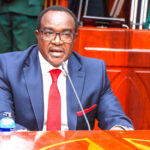

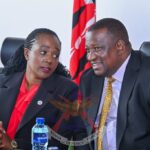

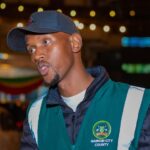

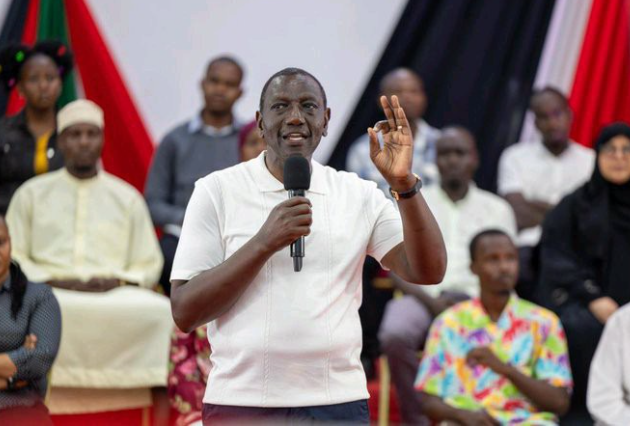
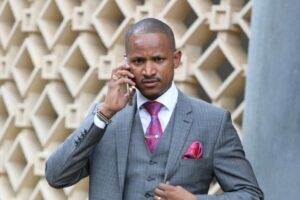
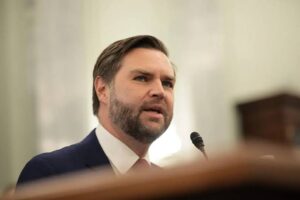
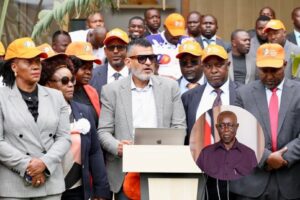
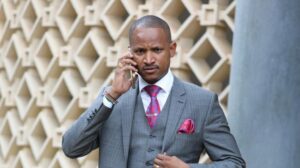
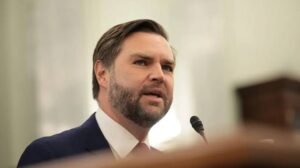
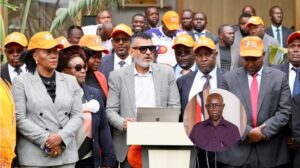
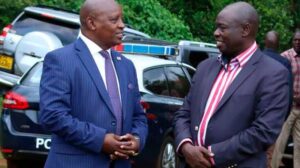
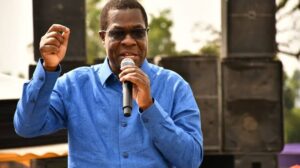
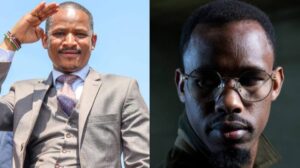
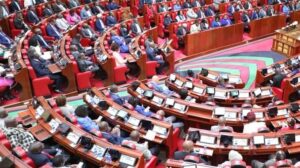
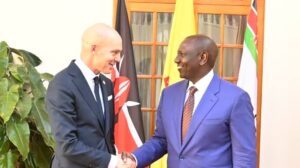
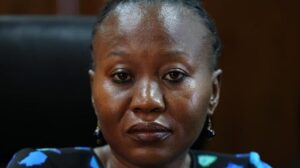
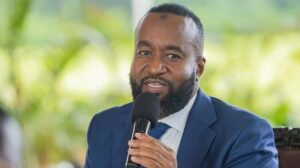
Add Comment